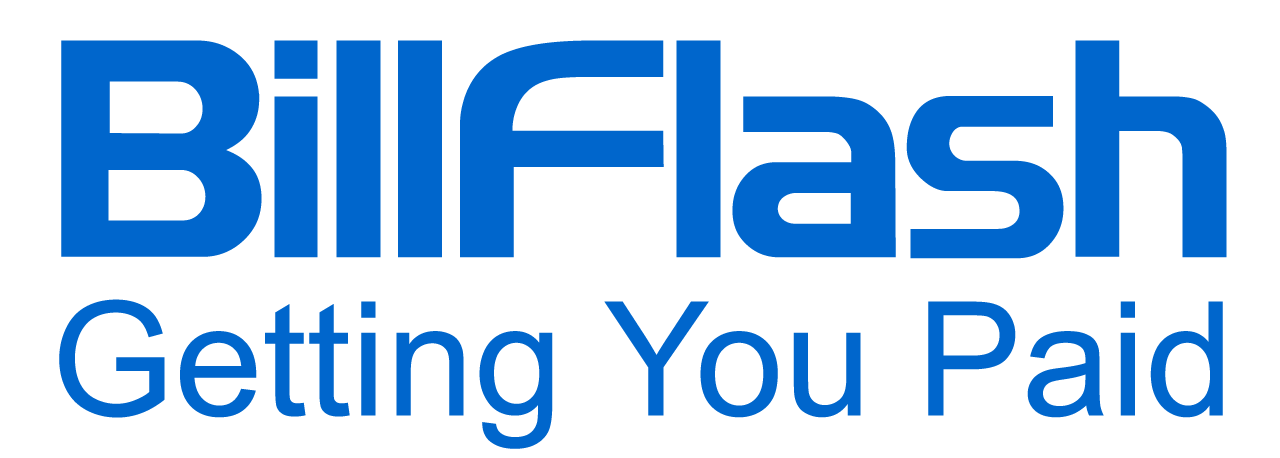Explore best practices to keep in mind when choosing your medical billing software to ensure your practice's HIPAA compliance.
Technology continues to push healthcare forward – but in the middle of all the great innovation, one priority will not change: protecting patient data. At the heart of protecting medical information is the Health Insurance Portability and Accountability Act (HIPAA). As healthcare providers continue to adopt new systems and software to improve efficiency, finding medical billing software that integrates flawlessly with HIPAA compliance requirements becomes crucial.
However, it's not an easy road to navigate. Outdated software and systems put patient privacy at risk daily and expose healthcare providers to fines and penalties. Since choosing software that meets HIPAA requirements can be difficult, we want to help providers find their way when evaluating medical billing software.
Today, we will share some key components of HIPAA that relate to medical billing software, the risks of not having compliant software, and the must-have features of the software. We will also share a few best practices for implementation, training, and staying current with evolving HIPAA standards.
Understanding HIPAA: A Quick Refresher

The Health Insurance Portability and Accountability Act (HIPAA), enacted in 1996, established important national standards for protecting patients' sensitive health information.
The two most relevant components of HIPAA related to medical billing software compliance are the Privacy Rule and the Security Rule.
- The Privacy Rule establishes appropriate uses and disclosures of patients' protected health information or PHI by healthcare entities.
- The Security Rule outlines specific administrative, physical, as well as technical safeguards that are required to secure patients' electronic PHI.
Vendors that develop and provide medical billing software must implement the necessary security features, controls, and measures in their software to comply with HIPAA regulations. These include capabilities like data encryption, role-based access controls, detailed audit trails, and more. Healthcare organizations can face penalties of up to $1.5 million for a HIPAA violation, in addition to reputational damage and IT-related security risks if their software is not fully compliant. All these factors make evaluating vendors' HIPAA compliance capabilities a necessary part of the software selection process.
Why HIPAA Compliance Matters in Medical Billing Software
Medical billing software contains and provides access to a wide range of patients' protected health information, including names, dates of birth, Social Security Numbers, insurance details, treatment histories, medications, diagnosis codes, and claims data. Non-compliant software puts this sensitive data at risk in several ways:
- Weak access controls enable unauthorized access and theft of records
- Lack of data encryption allows interception of PHI in transit
- Missing audit trails prevent tracking down sources of compromised data
The use of non-compliant software introduces significant risks to patient confidentiality. One example is the ConsensioHealth (a Wisconsin-based medical billing service) data breach. On July 3, 2023, ConsenioHealth fell victim to a ransomware attack that affected 60,871 patients. Staff discovered the incident when they could not access files on the network.
On November 7, 2023, an investigation confirmed data theft, indicating that files contained patient data from several covered entities. The compromised data included personal details, healthcare data, as well as financial details. ConsensioHealth has since updated its information security practices and implemented additional security measures. This incident also highlights the vulnerabilities in the healthcare billing process, emphasizing the need for strong and compliant software solutions.
Essential Features of HIPAA-Compliant Software
The HIPAA Privacy and Security Rules set specific standards that medical billing software must meet to properly safeguard electronically protected health information. Some of the essential features include:
- Encryption of PHI–both at rest and in transit
- Role-based access controls with strong user authentication protocols (i.e. biometrics or multi-factor authentication)
- Detailed audit trails that can track and log all access, uses, disclosures, and changes to PHI data
- Continuous compliance assessments, software updates, as well as security patches to fix vulnerabilities
Evaluating Software Providers: What to Look For

When assessing medical billing software providers, there are several indicators healthcare providers should look for to assess HIPAA compliance capabilities properly:
- A long-standing history free of major compliance violations, breaches, or related legal action
- Independent third-party audits and security certifications like HITRUST or NIST standards
- Extensive HIPAA training and support as part of software implementation and ongoing use
- Clear communication and responsiveness from the vendor for compliance-related software updates, issues, and questions
Questions to Ask About HIPAA Compliance Features:
- What encryption protocols and strengths do you use for data security?
- Can you explain your access control and audit trail capabilities?
- How detailed are the audit logs?
- Do you have role-based access levels?
- What authentication methods do you use?
- How often do you release security patches and updates?
- Do you perform regular compliance assessments? How often do you perform them?
Additional Questions to Ask Potential Vendors:
- How long have you been serving the healthcare industry?
- Can you provide examples of your HIPAA compliance certifications?
- What training resources will you offer our staff?
- Can you explain your process for communicating HIPAA-related system updates and issues?
- How quickly do you respond to compliance-related support requests?
Implementation and Training: Ensuring HIPAA Compliance Post-Purchase
The work does not stop once medical practices purchase HIPAA-compliant medical billing software. Proper implementation, training, as well as ongoing caution, are all keys to realizing the full benefits of its security capabilities:
- Closely follow vendor best practices for secure system deployment, configuration, and integration
- Create and implement policies and procedures for compliant software use, including breach response plans
- Provide ongoing training sessions for all staff that will access or work with PHI
- Perform regular audits and reviews to confirm HIPAA processes are followed
Navigating Legal Considerations
HIPAA regulations frequently evolve to address growing technologies and health data privacy risks. Healthcare providers must stay on top of HIPAA changes to be sure their medical billing software remains compliant. This includes monitoring government and industry guidance for updates, re-evaluating software capabilities against new requirements, as well as budgeting for major version upgrades.
Choosing medical billing software with the flexibility to adapt is necessary for simplifying future compliance efforts as HIPAA changes over time.
Future-Proofing Your Practice: Staying Ahead of Compliance Changes

Keeping up with the changing landscape of healthcare regulations is important for medical practices that want to avoid compliance troubles. When rules like HIPAA are adjusted, it often requires practices to update their policies, training programs, and technology to align with new provisions. Having systems and processes in place that can easily adapt to these changes is key to smooth transitions.
For example, medical billing software will have built-in compliance features that automatically reflect updates in regulations. This takes the guesswork out of meeting new mandates. Regularly revisiting your risk assessment and updating as needed is also important to proactively identify any new compliance vulnerabilities. Conducting audits at least yearly helps verify that controls are working as they should be.
With smart preparation and the right software and systems already ingrained in your practice, you can feel confident in meeting evolving healthcare regulations—both today and in the future. Investing in futureproofing will pay off by avoiding non-compliance issues down the road.
Consider BillFlash for Streamlined Efficiency and Data Security
Protecting patient privacy is both a legal obligation and an ethical imperative. When investing in medical billing software, healthcare providers must assess vendor HIPAA capabilities.
If your medical practice needs a reliable medical billing solution, look to BillFlash. Our cloud-based solution offers a user-friendly interface, prioritizes HIPAA compliance, and provides efficient, cost-effective tools for patient invoicing, payment processing, as well as medical debt collections. For more than 20 years, we’ve been a trusted ally for healthcare practices that want to improve operational efficiency and patient data security.
Schedule a demo with us today and make the choice that not only streamlines your medical billing processes but also ensures the security and integrity of your patients' data under HIPAA standards.

